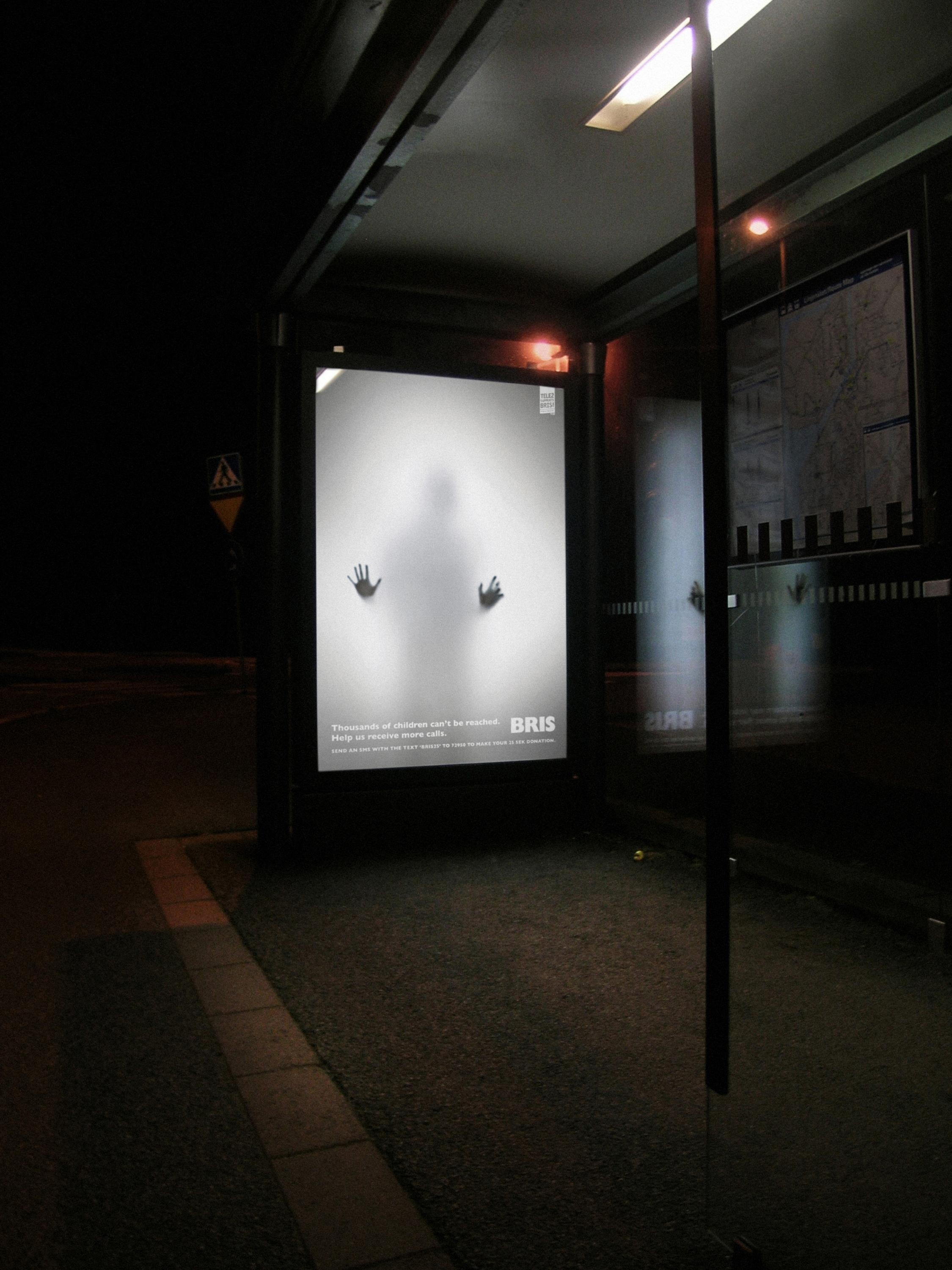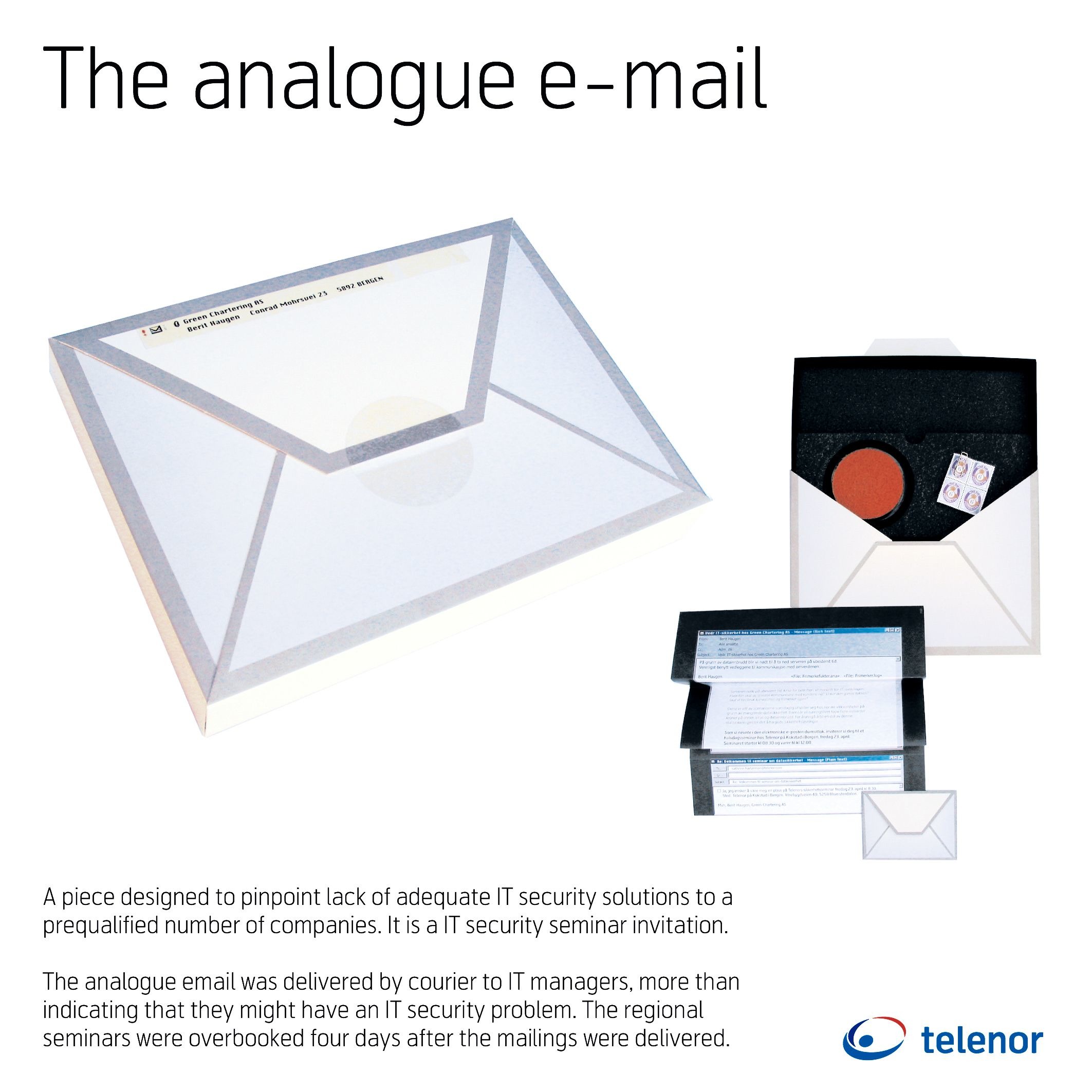Cannes Lions
Naming the Invisible by Digital Birth Registration
TELENOR PAKISTAN, Islamabad / TELENOR / 2020
Awards:

Overview
Entries
Credits
OVERVIEW
Background
SITUATION
UNCRC states that “every child in this world has a right to a name & nationality” and one’s national identity is crucial to social, political and economic inclusion. It’s a child’s passport to protection against underage labor, child marriages & trafficking. Despite this 60Million Pakistanis lacked an official identity and were devoid of basic rights because of inaccessibility and complexity of the registration process.
BRIEF
Telenor empowers societies by connecting customers to what matters most, and to further this ambition of digital inclusion under UN SDGs particularly #10: ‘Reduce Inequalities’ it wanted to leverage its transformative tech muscle to make Pakistan a safer place for children.
OBJECTIVES
Expand DBR to 36 villages in Pakistan and register 500K unregistered children.
Reduce overall application time to 240 mins from 4230 mins (72 hrs ˜ 3 days).
Improve Telenor’s perception as a brand with a positive impact for every Pakistani.
Idea
As a developing nation, Pakistan is beset by several intractable problems creating barriers to its population’s wellbeing and not having a national identity is a root cause for most of them, especially for the hard-to-reach rural Pakistanis (67% of the total population).
However, Pakistan boasts a healthy tele-density, over 80% people own a sim card and out of those over 80% have an Android mobile device. Together with Telenor, we capitalised on this by introducing a new media channel, an Android mobile Application called the ‘Digital Birth Registration’, replacing the age-old complex and time-consuming paper-based registration process.
Daily wagers contribute to the economy but remain devoid of government benefits in return, so we anchored DBR on a nationalistic rhetoric. This ensured that our quest for inclusion became one of national importance and of interest to every Pakistani, rural beneficiaries, the Government, NGOs, International donors, local volunteers, community members etc.
Strategy
Parents living below the poverty line from rural Sindh/Punjab with unregistered children remained our core target. They exhibit low digital-literacy and confidence but do own a low-end smartphone primarily used for social connection. Their handset is usually a shared asset and the elders of the house; the husband or the patriarch/matriarch, act as ‘gatekeepers’ monitoring the usage closely – often discouraging use beyond contact within a defined social set. This audience had low literacy rates, lower TV viewership, access to electricity so they were targeted with an on-ground drive.
The ‘gatekeeping’ behavior is influenced by perception of the socio-religious acceptability of telco-services amongst key opinion leaders at the village level and it was customary to win their trust and loyalty. These key opinion leaders including local religious clerics, village elders, female health workers, schoolteachers, local politicians and various district management officials were reached out with offline and online communication.
Execution
This transformative digital intervention was executed in Pakistan’s most populous provinces; Sindh & Punjab, contributing to the highest number of unregistered births. A year-long door-to-door drive generated trial and word of mouth which peaked during months of high birth rate.
An easy-to-use Android App (DBR) was given to authorized personnel, including health workers, marriage registrars etc. who moved from house to house to fill registration forms capturing key documents using a phone camera. Each application reached the authorities online and the subject received a certificate upon approval from the government.
Leveraging Telenor’s mobile financial services (Easypaisa), digital payments were made to facilitate 10,200+ community-based gatekeepers. Lady health workers partnered with local clerics to build credibility and tutorials adapted in regional languages were given to them as training syllabus. Long-term strategic partnerships with key influencers, donors, international NGOs, local publishers and the government helped in spreading the message far and wide.
Outcome
• 426 villages in Pakistan are DBR enabled (1083% more than planned)
• 1.2+ million children (50% girls) are no longer invisible (140% more than planned)
• Empowered 10,200+ rural lady health workers, marriage registrars, local clergy, teachers etc. who have become key brand influencers
• Registration time reduced to 10 mins
• Pakistan ranks among top 6 countries by UNESCAP to increase CRVS indicator's shared goal of 'getting-everyone-in-the-picture'
• The Government plans to scale DBR to 36 more districts
• One district will soon reach universal birth registration a first in Pakistan’s history
• A significant increase (12%) in the number or people who associate Telenor as a brand with a positive impact in Pakistan
• Due to the subsequent uplift of these provinces Telenor also earned data revenue of PKR 15.8 million in 2020 & avg. revenue per user in DBR enabled districts has increased by 100%
Similar Campaigns
12 items








